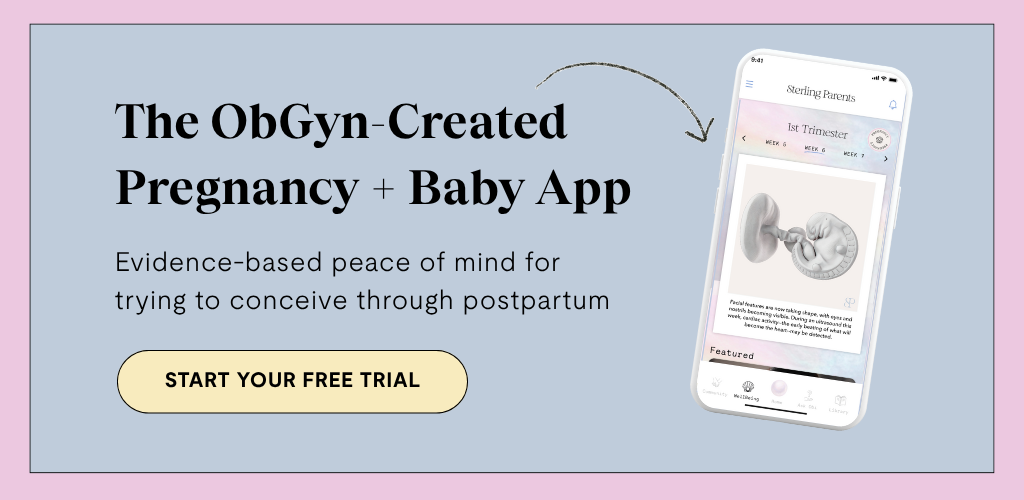
Loss
Understanding Missed Miscarriage: What You Need to Know
What Is a Missed Miscarriage?
A missed miscarriage – sometimes called a silent miscarriage – happens when an embryo stops developing, but your body doesn’t recognize the loss right away. You might still feel pregnant. You might still have pregnancy symptoms. There might be no bleeding or cramping.
Then you go in for a routine ultrasound, and your world stops.
This is one of the most emotionally devastating types of pregnancy loss because there’s often no warning. Your body is still acting pregnant even though the pregnancy is no longer viable.
How Common Are Missed Miscarriages After Hearing a Heartbeat?
Here’s the data: once a heartbeat is detected on ultrasound, the risk of any pregnancy loss – including missed miscarriage – drops to less than 10%.
This is why seeing that heartbeat at your first ultrasound feels like such a milestone. It significantly reduces the likelihood of loss, and many pregnancies continue successfully after this point.
But “less than 10%” means it still happens. And if it happens to you, those statistics offer little comfort.

Why Do Missed Miscarriages Happen?
Most early pregnancy losses, including missed miscarriages, occur due to chromosomal abnormalities that prevent the embryo from developing properly. These are random genetic events – not caused by anything you did or didn’t do.
Let me be absolutely clear: this is not your fault.
You didn’t cause this by:
- Being stressed
- Exercising
- Working
- Having sex
- Drinking coffee before you knew you were pregnant
- Any of the thousand things running through your mind right now
Chromosomal abnormalities happen randomly. They’re nobody’s fault.
What Are the Signs of a Missed Miscarriage?
The tricky thing about missed miscarriages is that there often aren’t obvious signs. But some indicators may include:
Loss of pregnancy symptoms: If you notice a sudden decrease in symptoms like nausea or breast tenderness, it may be a sign. However, pregnancy symptoms naturally fluctuate, so this alone doesn’t mean something is wrong.
Lack of fetal movement: If fetal movement was previously detected and suddenly stops, it can be concerning. (This applies to pregnancies where movement has already been established, typically second trimester and beyond.)
Bleeding: Light spotting can be completely normal in pregnancy, but heavier bleeding may indicate a problem. Though with missed miscarriage specifically, many people have no bleeding at all until treatment begins.
Cramping: Mild cramping can happen in healthy pregnancies, but more severe cramping or pain may be a red flag.
Important caveat: Not all of these symptoms guarantee a missed miscarriage. Many people experience similar symptoms and have completely healthy pregnancies. The only way to know for certain is through ultrasound.
What Happens Next?
If you’re diagnosed with a missed miscarriage, your healthcare provider will discuss your options with you. These typically include:
Expectant management: Waiting for your body to recognize the loss and pass the tissue naturally. This can take days to weeks.
Medical management: Taking medication (usually misoprostol) to help your body pass the pregnancy tissue. This usually happens within 24-48 hours of taking the medication.
Surgical management: A procedure called dilation and curettage (D&C) where the pregnancy tissue is removed surgically. This is typically done as an outpatient procedure.
There’s no “right” choice here – it depends on your individual situation, your preferences, and what your healthcare provider recommends based on your specific circumstances.
The Emotional Impact
The grief after a missed miscarriage can feel particularly complex. You might feel betrayed by your own body – like it failed to tell you something was wrong. You might feel guilt, even though this isn’t your fault. You might feel intense sadness for the future you were imagining.
All of these feelings are valid.
You Deserve Support
Navigating pregnancy loss is one of the most challenging experiences you can go through, and you shouldn’t have to do it alone.
Sterling Parents is the only pregnancy and postpartum app with dedicated community and education specifically for pregnancy loss support. We understand that loss is part of some people’s journeys to parenthood, and we’re here to support you through it.
Inside the app, you’ll find:
- A compassionate community of women who’ve experienced pregnancy loss
- Evidence-based information about miscarriage and what comes next
- Resources for emotional healing and support
- Guidance on trying to conceive after loss when you’re ready
- A safe space to process your grief without judgment
Download your free 7-day trial at sterlingparents.com. Because you deserve support that honors your experience and helps you navigate this difficult time.
You’re not alone in this. And it’s not your fault.


